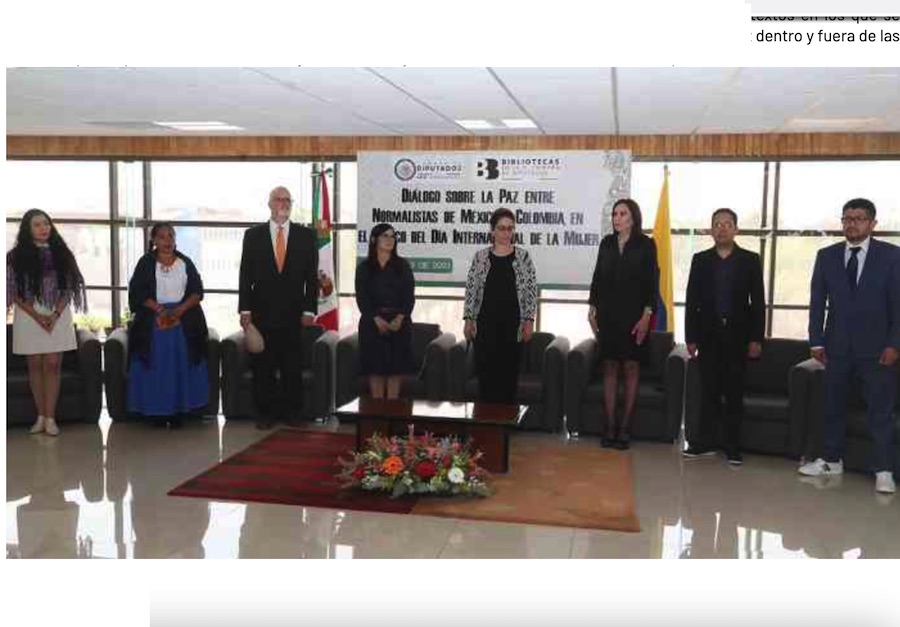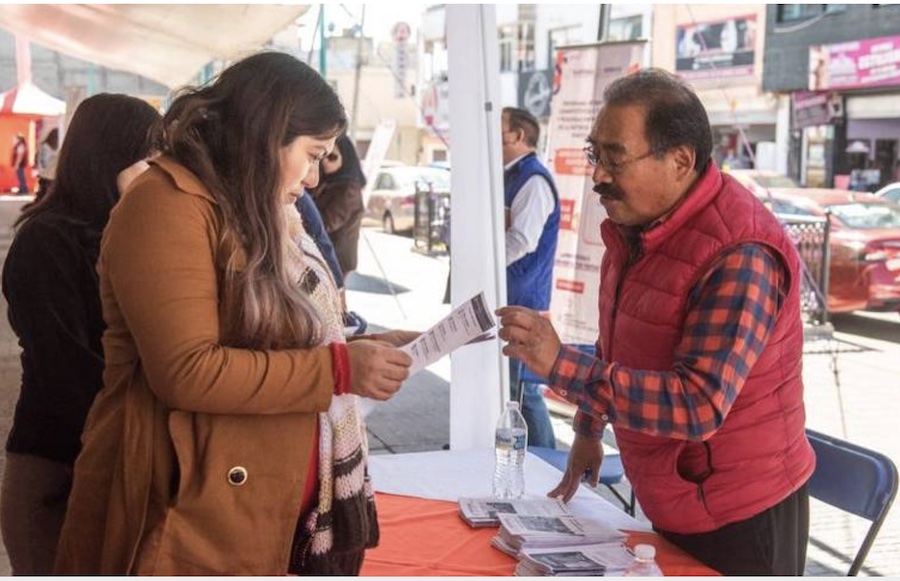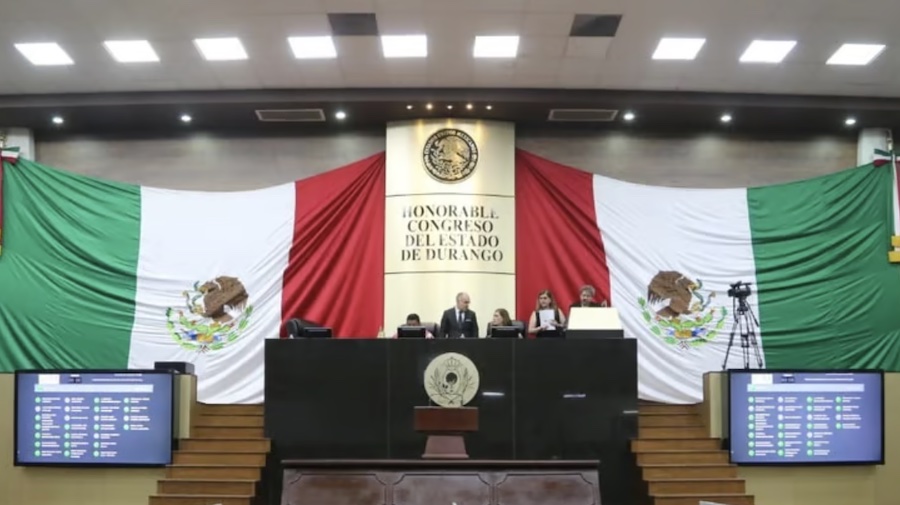. . SUSTAINABLE DEVELOPMENT . .
An article fromIstoé (translation by CPNN)
President Lula signed, this Friday (April 28), decrees demarcating six new territories for indigenous peoples, the first since 2018 and one of them in a vast territory in the Amazon, during a meeting with representatives of indigenous peoples in Brasília.
These new reserves, which guarantee indigenous people the exclusive use of natural resources while preserving their traditional way of life, are considered by scientists as one of the main barriers against deforestation in the Amazon, whose control is one of the government’s priority objectives.

Video from Terra Livre Camp
“It is a somewhat lengthy process, it has to go through many hands, but we are going to work hard so that it can demarcate the largest possible number of Indigenous Lands”, said the president.
Lula made the announcement on the occasion of the closing of the 19th edition of the “Terra Livre” camp, an annual meeting that brought together thousands of indigenous people from all over the country in Brasília this week.
“It was like lifting a weight off our shoulders, like music to our ears,” Claudia Tomás, 44, from the Baré ethnic group, whose lands were included in the demarcations, told AFP.
No new indigenous lands were demarcated during the mandate of Jair Bolsonaro (2019-2022), who had promised, before coming to power, “not to give any centimeter” to the original peoples.
Tehe Pataxó, a 29-year-old girl with her face painted in red and black lines, said she was relieved by the conquest for the native peoples: “It was four years suffering with militiamen in our Pataxó territory in the south of Bahia, where indigenous people were murdered”.
(Article continued in right column)
(Click here for the original Portuguese version of this article.)
Question for this article
Indigenous peoples, Are they the true guardians of nature?
(Article continued from left column)
During Bolsonaro’s tenure, average annual deforestation increased by 75% compared to the previous decade.
The last approval had been on April 26, 2018, under the presidency of Michel Temer (2016-2018), referring to the Baía do Guató indigenous land, an area of 20,000 hectares in Mato Grosso.
Two of the six new approved reserves are located in the Amazon, including the largest, called Unieuxi, intended for 249 indigenous Maku and Tukano peoples, on more than 550,000 hectares in the Amazon.
Two other reserves are located in the northeast of the country, one in the south and the other in the center-west.
Lula signed the decrees alongside prominent indigenous leaders, such as the iconic chief Raoni Metuktire, who thanked him and placed a traditional headdress of blue and red feathers on the president’s head.
“In four years we will do more (for the indigenous peoples) than in the eight years we have already governed the country (2003-2010)”, promised the president.
– New territories –
According to the last census, in 2010, approximately 800,000 indigenous people live in Brazil, the majority in reserves, which occupy 13.75% of the territory.
“When they say that you occupy 14% of the territory, and you think that’s a lot, you need to know that, before the Portuguese, you occupied 100% of that territory”, completed Lula.
It is anticipated that new demarcations will be approved soon.
Last month, the Minister of Indigenous Peoples, Sonia Guajajara, announced that 14 territories (including the six approved this Friday) were ready to be legalized, totaling around 900,000 hectares.
“We are going to write a new history, for the good of all humanity, of our planet”, said the minister this Friday, shortly before the signing of the decrees.








